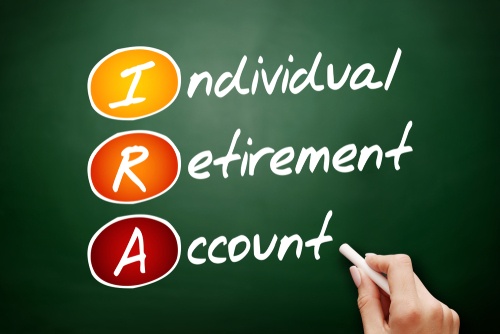
There are so many possibilities of what you can do with a self-directed IRA. But there are also a few options when it comes to the type of IRA you should start with.
Before you start investing in real estate, gold coins, or LLCs, consider these factors.
IRA Types
- Traditional IRA — Contributions to a Traditional IRA are generally tax deductible. Earnings on investments are tax-deferred. You are eligible for a Traditional IRA if you receive earned income and are not age 70.5 by the end of the year in which you open an account.
- ROTH IRA — Contributions to a ROTH IRA are made with after-tax dollars, meaning you have already paid income tax on your contributions and are not required to pay income tax again at the time of distribution, on either the contributions or the investment profits. This is an excellent choice for those who wish to grow their IRA completely tax-free. The account has to be opened for at least five years, and the owner must be over the age of 59.5 before any earning withdrawals can be made. Withdrawals from contributions can be made at any time. There are income limits associated with a ROTH IRA.
- Simplified Employee Pension (SEP) — This option is ideal for the self-employed individual or small business owner. A SEP allows you to contribute the most dollars to a retirement plan without having a more complex arrangement, such as a 401(k). The plan is a tax-deferred. Taxes will be paid when distributions are taken from the SEP IRA. If you are a business owner who can afford to save up to $52,000, depending on your earnings, this is the fastest way to grow your nest egg and reduce your taxes in the year the contribution is made.
- SIMPLE- Savings Incentive Match Plan — This plan is for small business owners with less than 100 employees who have no other qualified plans. Contributions to a SIMPLE are tax deductible. More dollars can be contributed than with a Traditional IRA but not as much as with a SEP IRA.
- Coverdell Education Savings Plan — This plan is created for the purpose of paying qualified education expenses of the designated beneficiary under the age of 18. Unlike other savings plans, you do not need earned income to open a Coverdell. Contributions are not tax deductible and can be made by anyone, including parents, grandparents, or friends. The beneficiary must use the plan before the age of 30.
If you are not sure which IRA is the right one for you, call IRA Innovations to talk with our experienced staff. They will be ready to answer any questions you may have.
IRA Innovations provides self-directed retirement account administration and education. As the experts when it comes to “alternative” investments including private equity, they can provide the necessary tools and information to get started with a real estate IRA.



